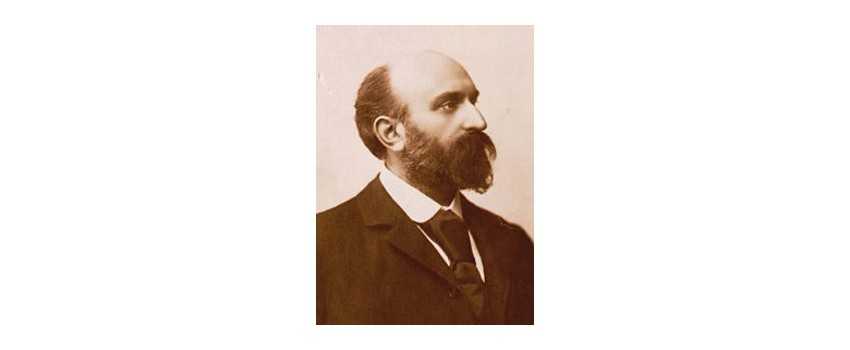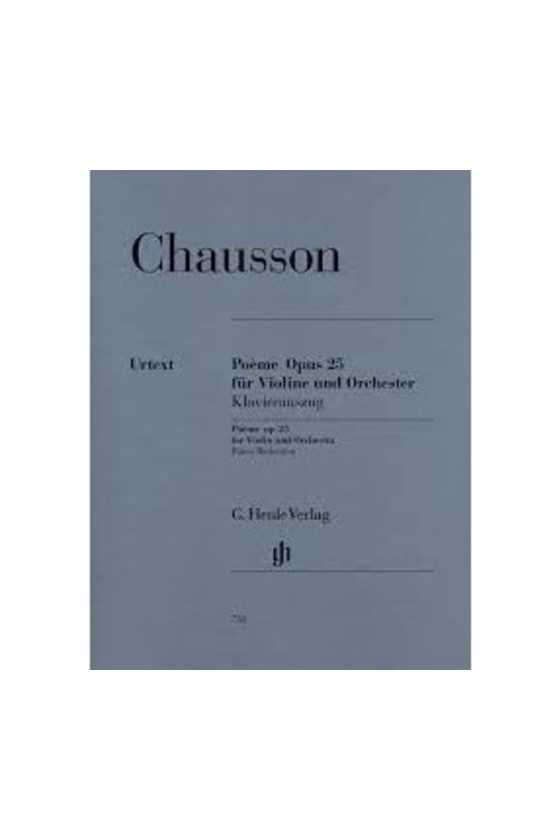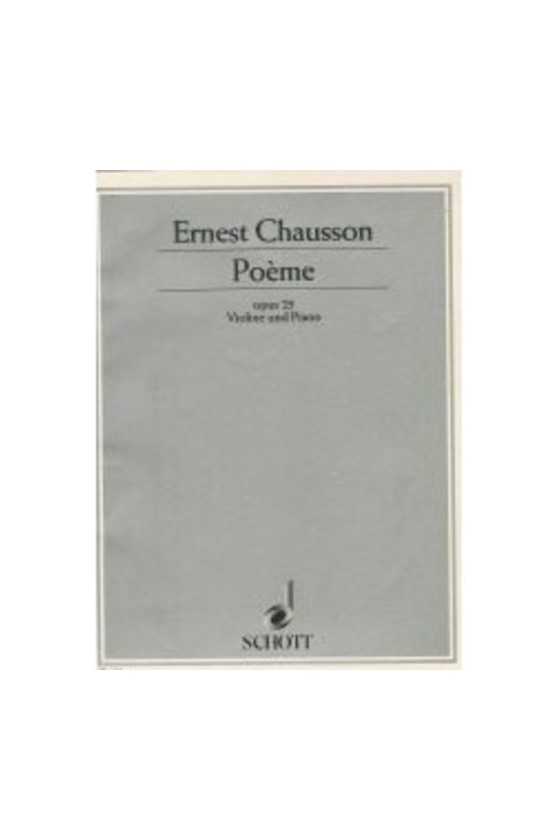Chausson, Ernest
Ernest Chausson, a renowned French composer of the late 19th century, left a lasting impact on the world of classical music with his mesmerizing compositions. Born on January 20, 1855, in Paris, Chausson displayed a deep passion for music from an early age. His remarkable talent and dedication led him to become one of the most influential composers of his time.
Early Life and Education
Ernest Chausson's musical journey began with his parents' encouragement and support. At the age of six, he started taking piano lessons and quickly excelled in his studies. Recognizing his potential, his parents enrolled him in the prestigious Paris Conservatoire, where he studied composition under the guidance of Jules Massenet.
Chausson's musical education continued as he pursued a law degree at the University of Paris. Despite his commitment to his legal studies, his true passion for music prevailed. Chausson made the pivotal decision to abandon his law career and devote himself entirely to his musical calling.
Musical Influences and Style
Chausson was deeply influenced by the works of great composers such as Wagner and Franck. He embraced the Romantic style and incorporated elements of Wagnerian chromaticism and harmonic richness into his compositions. Chausson's music is characterized by lush melodies, intricate harmonies, and emotional depth, which captivate listeners with their sheer beauty and expressiveness.
Notable Works and Achievements
Throughout his career, Ernest Chausson composed a wide range of musical works, including symphonies, chamber music, songs, and operas. His compositions often explored themes of love, nature, and the human condition. Some of his most notable works include:
1. Poème for Violin and Orchestra
Chausson's Poème for Violin and Orchestra stands as one of his most celebrated works. This virtuosic piece showcases his ability to weave together expressive melodies and intricate violin passages. Its rich orchestration and evocative harmonies create a captivating musical experience.
2. Symphony in B-flat Major
Chausson's Symphony in B-flat Major is a testament to his mastery of orchestration and his gift for creating powerful musical narratives. This symphony, with its dynamic contrasts and sweeping melodies, showcases Chausson's unique voice as a composer.
3. Concerto for Piano, Violin, and String Quartet
In the Concerto for Piano, Violin, and String Quartet, Chausson expertly blends the traditional concerto form with the intimacy of chamber music. This innovative composition highlights his ability to create intricate musical dialogues and showcases his skill as both a composer and orchestrator.
Collaborations and Performances
Ernest Chausson collaborated with many notable musicians and performers of his time. His compositions were performed by renowned artists such as Jacques Thibaud, Lucien Capet, and Marguerite Long. Chausson's music also garnered the attention of influential conductors, including Felix Weingartner and Arturo Toscanini, who recognized the brilliance and emotional depth of his compositions.
Legacy and Influence
Ernest Chausson's contributions to the world of classical music continue to resonate today. His unique blend of Romanticism and modernism paved the way for future composers, and his works inspired generations of musicians. Chausson's compositions have become staples of the classical repertoire, enchanting audiences with their lyrical beauty and emotional intensity.
Conclusion
Ernest Chausson's life and music leave an indelible mark on the world of classical music. His rich melodies, expressive harmonies, and emotional depth continue to captivate listeners to this day. Through his compositions, Chausson invites us to delve into the depths of human emotion and experience the transformative power of music. As we explore his works, we are reminded of the timeless nature of his genius and the enduring legacy he has left behind.



